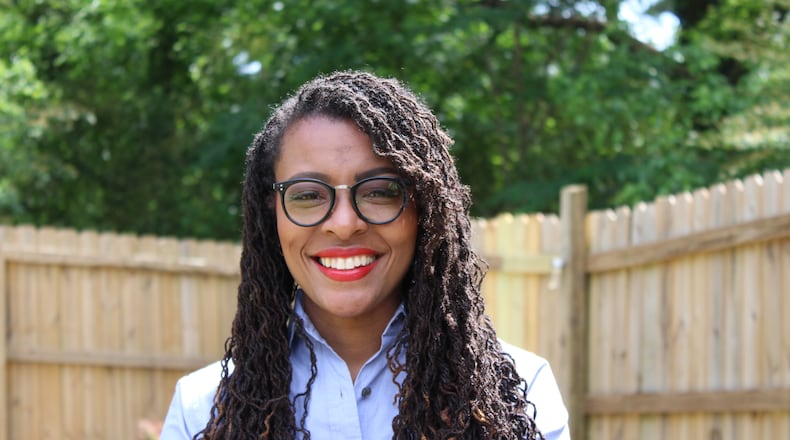Josh Spitalnick has seen his clinic almost triple in size in the past nine months. The licensed psychologist, the director of Anxiety Specialists of Atlanta, says his office has struggled to keep up with the growing number of patients.
It has been an unprecedented time for therapists, with mental health clinics across the metro area reporting a record number of new patients and returning patients.
“We have completely maxed out our availability and sadly, but not surprisingly, we’re almost at a point where we are wait-listing people who come in,” Spitalnick said.
The coronavirus pandemic, protests for racial justice and America’s divisive elections had already contributed to the growth of their practices, Spitalnick and two other Atlanta-area therapists recently told The Atlanta Journal-Constitution. The recent riots at the U.S. Capitol, happening just two weeks before President Joe Biden’s inauguration, added to that stress.
Dr. Ikeranda Smith, a fellow therapist, is also scrambling to keep up with the demand.
“This year, if I could be absolutely honest, I am turning people away. I have seen an enormous influx, I get calls every day. I’m inundated,” Smith said.
“The election did a number on people. I am an unapologetically black queer woman, but my clients are white, Black, indigenous — they range from all ethnicities. But the reality of it is that everybody has been affected by it.”
Isolation caused by the pandemic also appears to be driving much of the demand for therapy. Spitalnick pointed out that even America’s children are having a “mental health crisis.”
“I’m watching families and kids at home crumble,” he said. “These kids and families are not getting enough touchpoints — educational, medical, financial, religious — it’s all happening in the home, and parents are not trained to deal with this.”
At the same time, parents are growing exhausted simultaneously working from home and teaching their kids, said Lily Scivicque, an Atlanta therapist and mother. The pandemic is also straining couples’ relationships.
“When you have new dynamics, and you have more time together, and you’re not used to talking things out, it really can become a breeding ground for extra stress,” Scivicque said. “And then the prolonged stress turns into a crisis. And then the crisis can turn into trauma, if we’re not careful.”
Demand for mental health care is growing in other parts of the country. Open Path Psychotherapy Collective, which connects patients with low-cost therapy, spent seven years attracting its first 30,000 members, said program Manager Caitlin Erwin. In the past year alone, she said Open Path has added 20,000 nationwide.
Resources
Curious where to start? Here are some ideas.
Psychology Today
Use: Finding therapists who accept your health insurance
Cost: Varies, based on insurance provider and individual therapist
Searching for a therapist can seem like a daunting task. This website aims to simplify the process.
Open Path Psychotherapy Collective
Use: Finding a low-cost therapist
Cost: $30-$60 a session
For those who are living in poverty and lack insurance, mental health care might seem out of reach. This service seeks to change that.
BetterHelp
Use: Virtual therapy sessions
Cost: $60-$80 per week; insurance is generally not accepted
BetterHelp offers online therapy through its membership-based program.
About the Author
Keep Reading
The Latest
Featured




